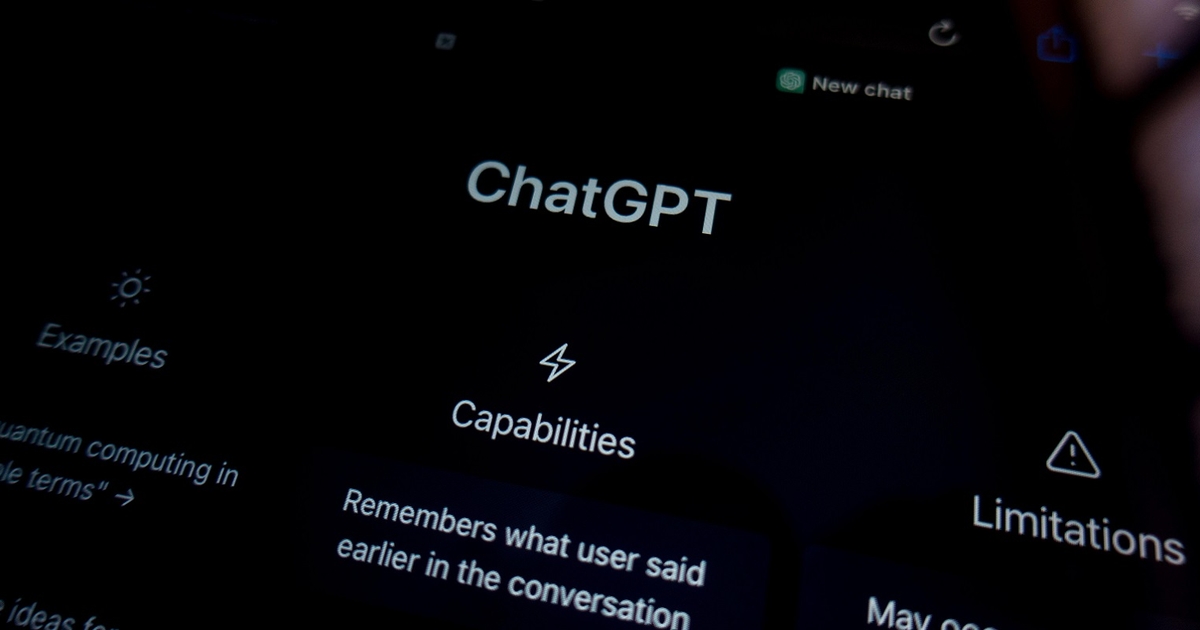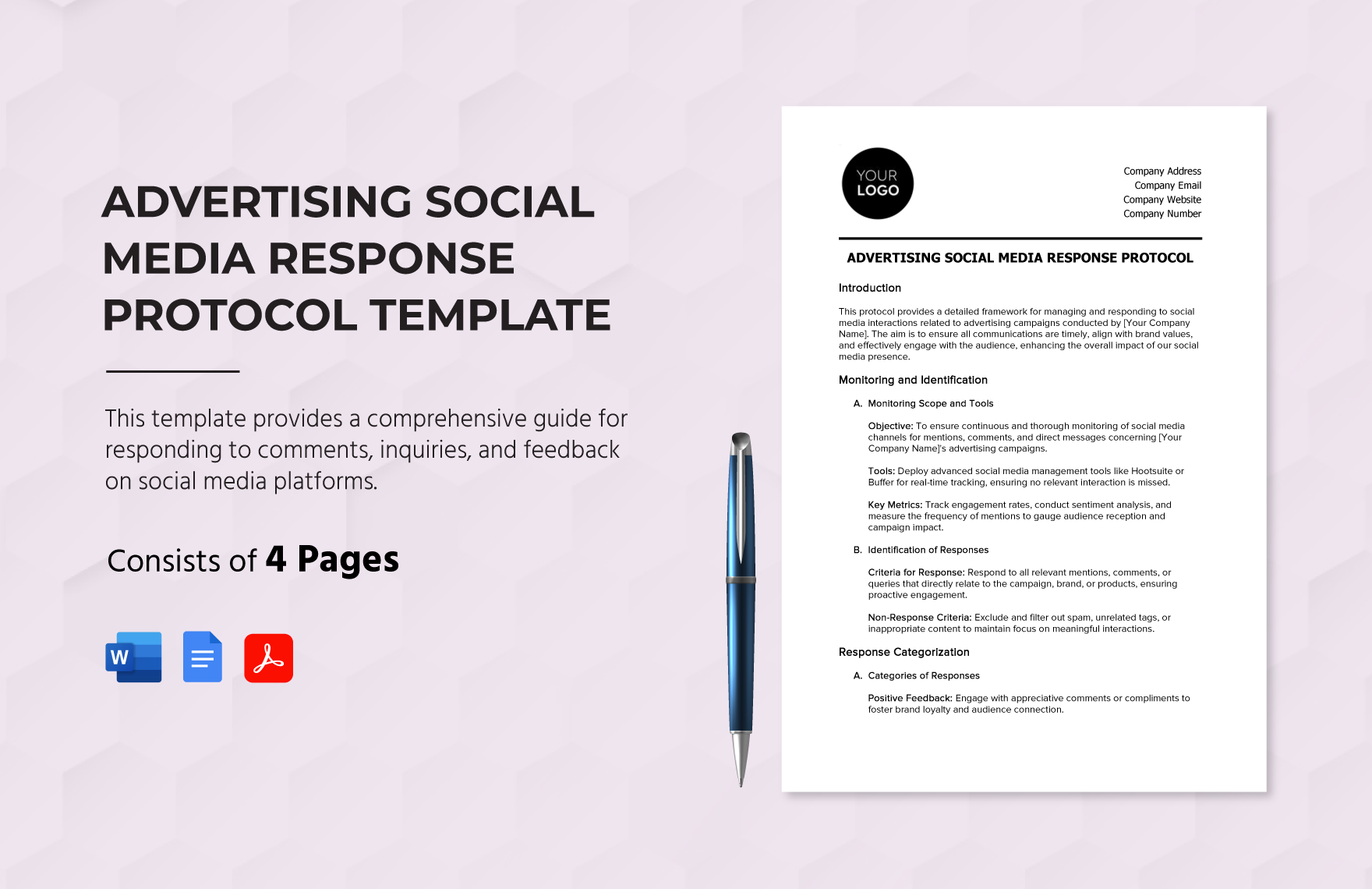FTC Investigates OpenAI: ChatGPT And The Future Of AI Regulation

Table of Contents
The FTC's Investigation into OpenAI and ChatGPT
The FTC's investigation into OpenAI and ChatGPT stems from growing concerns regarding potential violations of consumer protection laws. The investigation is examining several key areas:
- Data Privacy: Concerns exist regarding the vast amounts of user data collected by ChatGPT and how OpenAI handles this sensitive information. Questions around data security and compliance with regulations like the CCPA (California Consumer Privacy Act) and GDPR (General Data Protection Regulation) are at the forefront. The lack of transparency around data usage practices fuels further anxieties.
- Algorithmic Bias: AI models like ChatGPT learn from massive datasets, which can inadvertently contain biases. This can lead to discriminatory outcomes, perpetuating and amplifying existing societal inequalities. The FTC is likely investigating whether OpenAI has adequately addressed potential biases in ChatGPT's algorithms and outputs.
- Misleading Claims: OpenAI's marketing materials might have made exaggerated claims about ChatGPT's capabilities, potentially misleading consumers about its limitations and accuracy. This raises questions of deceptive trade practices.
- Lack of Transparency: Critics argue that OpenAI lacks sufficient transparency in its data collection and model training processes. This lack of clarity hinders independent verification of ChatGPT's functionality and potential risks.
The potential consequences for OpenAI if found in violation of consumer protection laws are significant, ranging from substantial fines to mandated changes in its data handling practices and algorithmic design. This investigation sets a crucial precedent for the future accountability of AI companies.
ChatGPT's Impact and the Need for AI Regulation
ChatGPT's widespread adoption has undeniable impacts across various sectors. Its capabilities extend beyond simple chat functions, posing both opportunities and challenges:
- Impact on Employment: The automation potential of AI chatbots like ChatGPT raises concerns about job displacement across various industries, demanding proactive strategies for workforce adaptation.
- Education and Academic Misconduct: Students' ability to easily generate essays and other written assignments using ChatGPT presents serious challenges to academic integrity, requiring institutions to adapt their assessment methods.
- Creative Fields and Copyright: The use of AI in creative fields raises complex copyright issues, especially when AI generates outputs resembling existing copyrighted works. The legal implications of this are still largely unclear.
- Misinformation and Malicious Use: The ease with which ChatGPT can generate convincing but false information poses a significant threat to public discourse and safety. The potential for misuse in spreading propaganda and disinformation is alarming.
These impacts underscore the urgent need for robust AI regulation to mitigate risks and ensure responsible development and deployment of these powerful technologies. The current regulatory landscape is struggling to keep pace with the rapid advancements in AI.
Key Aspects of Potential AI Regulation
Globally, discussions around AI regulation are focusing on several key areas:
- Data Protection Regulations: Existing data privacy regulations like GDPR and CCPA provide a foundational framework, but may need strengthening and adaptation to specifically address the unique challenges posed by AI systems.
- Algorithmic Transparency and Accountability: Measures to ensure transparency in AI algorithms and to establish clear lines of accountability for AI-related harms are crucial. This involves creating mechanisms for auditing and assessing AI systems for bias and fairness.
- Liability Frameworks: Defining liability for harms caused by AI systems remains a significant challenge. Legal frameworks need to be developed to address questions of responsibility when AI systems malfunction or cause damage.
- Ethical Guidelines and Standards: The development and adoption of ethical guidelines and standards for AI development and deployment are critical for guiding responsible innovation.
Creating effective AI regulation is challenging. Regulations need to be adaptable to keep pace with rapid technological change while avoiding stifling innovation. Finding the right balance is crucial.
The Future of AI and the Role of the FTC
The FTC's investigation into OpenAI and ChatGPT is a significant development in the ongoing debate surrounding AI regulation. The agency's actions will likely shape the future regulatory landscape:
- International Cooperation: Effective AI regulation requires international cooperation to establish consistent standards and prevent regulatory arbitrage.
- Balancing Innovation and Consumer Protection: The challenge is to balance the need to foster innovation with the need to protect consumers and address ethical concerns.
- Public Engagement and Awareness: Public engagement and awareness are critical for shaping effective AI policy. A transparent and inclusive process is crucial to building trust and acceptance of AI regulations.
- Future FTC Actions: The outcome of this investigation could set a precedent for future FTC actions against other AI companies, influencing the development and deployment of AI technologies worldwide.
The long-term implications of the FTC's investigation are far-reaching. It could significantly impact how AI companies develop, deploy, and market their products, potentially shaping the future of AI innovation and its societal impact.
Conclusion: FTC Investigates OpenAI: ChatGPT and the Future of AI Regulation – A Call to Action
The FTC's investigation into OpenAI and ChatGPT highlights the urgent need for comprehensive AI regulation to address concerns about data privacy, algorithmic bias, and the ethical use of AI. The widespread adoption of AI technologies like ChatGPT necessitates a proactive and adaptable regulatory framework. Understanding the FTC's investigation of OpenAI and ChatGPT is crucial for navigating the future of AI regulation. We must remain informed about these developments and engage in the ongoing conversation surrounding responsible AI development and use. Further research into the FTC’s investigation and the evolving landscape of AI regulation is essential. Let's work together to ensure that AI technologies benefit humanity while mitigating their potential risks.

Featured Posts
-
 Analyzing The Net Asset Value Of The Amundi Msci World Ex Us Ucits Etf Acc
May 24, 2025
Analyzing The Net Asset Value Of The Amundi Msci World Ex Us Ucits Etf Acc
May 24, 2025 -
 100 Let Innokentiyu Smoktunovskomu Istoriya Zhizni V Dokumentalnom Filme Menya Vela Kakaya To Sila
May 24, 2025
100 Let Innokentiyu Smoktunovskomu Istoriya Zhizni V Dokumentalnom Filme Menya Vela Kakaya To Sila
May 24, 2025 -
 Maryland University Selects Kermit The Frog For 2025 Commencement
May 24, 2025
Maryland University Selects Kermit The Frog For 2025 Commencement
May 24, 2025 -
 Leak Reveals Glastonbury 2025 Lineup Confirmed Acts And Ticket Details
May 24, 2025
Leak Reveals Glastonbury 2025 Lineup Confirmed Acts And Ticket Details
May 24, 2025 -
 Fastest Ferraris Top 10 Standard Production Models Ranked By Track Time
May 24, 2025
Fastest Ferraris Top 10 Standard Production Models Ranked By Track Time
May 24, 2025
Latest Posts
-
 Lowest Gas Prices In Years Expected For Memorial Day Weekend
May 24, 2025
Lowest Gas Prices In Years Expected For Memorial Day Weekend
May 24, 2025 -
 Ocean City Rehoboth And Sandy Point Beach Weather Memorial Day Weekend 2025 Forecast
May 24, 2025
Ocean City Rehoboth And Sandy Point Beach Weather Memorial Day Weekend 2025 Forecast
May 24, 2025 -
 Official Kermit The Frog Speaks At University Of Maryland Commencement 2025
May 24, 2025
Official Kermit The Frog Speaks At University Of Maryland Commencement 2025
May 24, 2025 -
 University Of Marylands Unexpected 2025 Commencement Speaker Kermit The Frog
May 24, 2025
University Of Marylands Unexpected 2025 Commencement Speaker Kermit The Frog
May 24, 2025 -
 Kermit The Frog To Address Umd Graduates In 2025 Social Media Response
May 24, 2025
Kermit The Frog To Address Umd Graduates In 2025 Social Media Response
May 24, 2025
